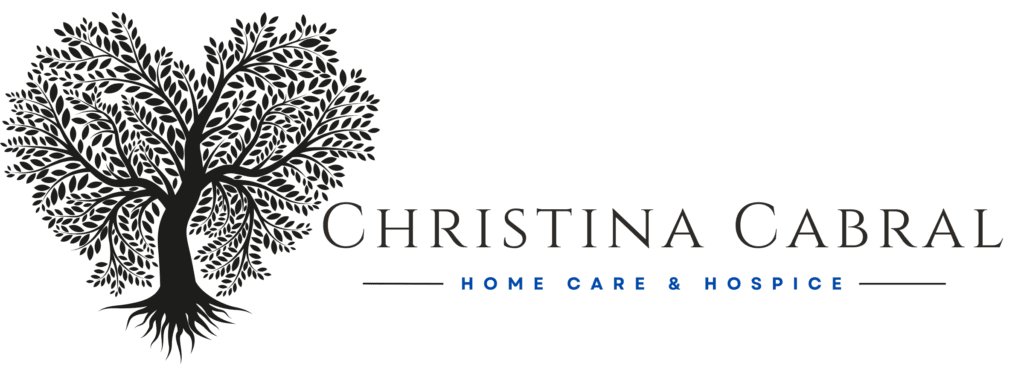Watching a loved one age or struggle with health challenges can be incredibly emotional. Often, families grapple with the question: “When is it time to get help?” The answer isn’t always clear-cut, but there are signs that indicate your loved one might benefit from in-home care. At Christina Cabral Home Care, we understand how hard this transition can be—and we’re here to help guide you every step of the way.
1. Noticeable Decline in Personal Hygiene
If your loved one is wearing the same clothes for days, skipping showers, or not brushing their hair or teeth, it might be a sign they’re struggling with daily personal care. These tasks can become overwhelming due to physical limitations or memory loss.
2. Changes in Mobility
Are they having trouble getting up from a chair, climbing stairs, or walking without support? Mobility issues increase the risk of falls, which can be dangerous for older adults. In-home caregivers can assist with mobility to keep your loved one safe.
3. Forgetfulness That Impacts Safety
Occasionally forgetting names or appointments is normal, but frequent memory lapses—like leaving the stove on, wandering off, or forgetting to take medications—can be red flags. Memory-related conditions like Alzheimer’s or dementia may require professional support.
4. Poor Nutrition or Weight Loss
If the fridge is empty, expired food is piling up, or your loved one is losing weight without trying, they may not be eating properly. In-home caregivers can help with meal planning, grocery shopping, and preparation to ensure they get the nutrition they need.
5. Unexplained Bruises or Injuries
Frequent bruising may indicate your loved one is falling or bumping into things and not telling you. These incidents could be a sign of declining strength, vision, or balance—all of which home care professionals are trained to monitor and support.
6. Withdrawal from Social Activities
Has your once-social loved one started avoiding phone calls, skipping church, or isolating themselves? Social withdrawal can be a sign of depression or cognitive decline, and it often worsens without companionship and care.
7. Unpaid Bills or Mismanaged Finances
If bills are piling up, checks are bouncing, or you notice strange purchases, your loved one might be having difficulty managing their finances. This can be another indicator that it’s time to step in.
8. Caregiver Stress
If you are the primary caregiver and feel exhausted, overwhelmed, or burnt out, that’s a sign help is needed. You don’t have to do it all alone—and you shouldn’t.
How Christina Cabral Home Care Can Help
Our compassionate caregivers provide assistance with daily tasks, medication reminders, mobility, companionship, and more—all from the comfort and familiarity of home. Whether your loved one needs a few hours of help a week or round-the-clock care, we create a personalized care plan to fit your family’s needs.
You don’t have to wait for a crisis to seek support.
Reach out to us today to schedule a consultation and learn more about how we can help your loved one live safely and comfortably at home.
